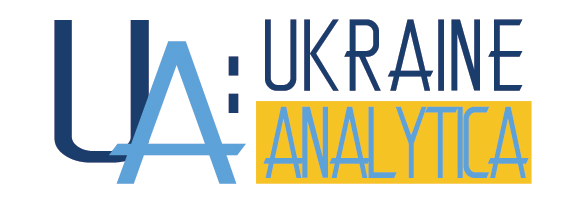Despite the vast amount of research on the Eastern Partnership, little is known on the role of civil society in promoting the Association Agendas with Moldova, Georgia, and Ukraine. The present article elucidates more comprehensively this aspect by highlighting the main challenges and puts forward recommendations for improving civil society participation in advancing reforms in these countries. The research on this topic is important in order to present a comparative perspective of the progress towards European integration among the most active pro-European states in the Eastern Partnership. The methodology of the study consists in analytical research and empirical investigations involving quantitative and qualitative tools: gathering of data, analysis of documents, normative and legislative in-depth analysis, and reports



